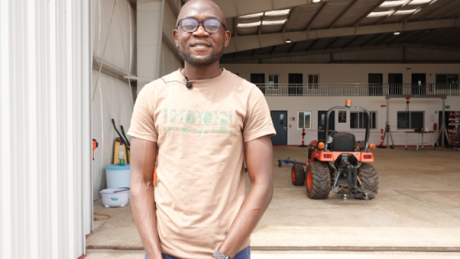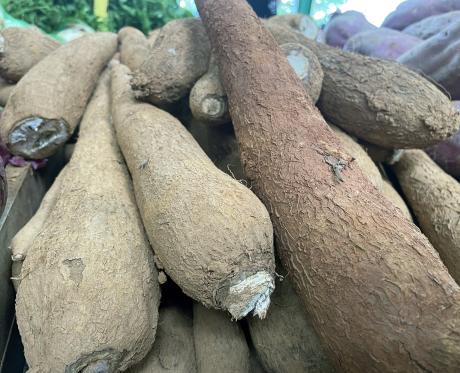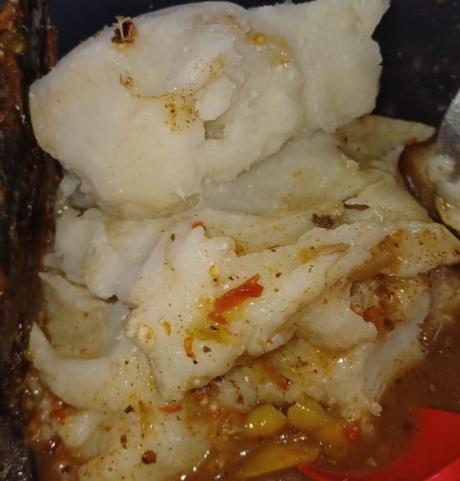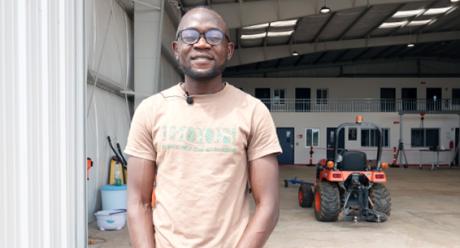
MAF flights help a development organisation that is teaching isolated communities the skills to embrace economic opportunities from a humble crop.
Story by Rachel Gwole George
Leroy Kanmoh, Country Director of Cerath Liberia, said MAF flights were helping his organisation to bring fresh ideas to the southeastern parts of the nation so families could benefit from exporting the crop.
“The project we are doing is a regional project so the country has to choose what value they would support, Liberia chose cassava,” Leroy said.
“Under the cassava transformation project, we are having a trade fair to be able to connect businesses, connect opportunity and create a way they can interact, learn and be able to get a business connection, also there will be an entrepreneurship workshop, that will educate young people.

“Entrepreneurship is key, especially for the cassava sector, a lot of us Liberians have been treating Cassava just for consumption and for little purchases and paying children's school fees - the rest of the year with no care until there is a need.”
The Cassava Transformation Project is a national component of a greater program. The program is implemented by the United Nations Industrial Organisation (UNIDO) which provides support for quality infrastructure. One thousand farmers in the southeast are benefiting from agri-business training.
Cerath is constructing incubator centres to encourage innovation and provide employment.
“If you treat cassava as a business, you could make a lot of money from it,” Leroy explained. “Cassava has so many things that you can get from it - of course, the cassava chips, flour, fufu (a sticky dough ball eaten with stew or soup), super gari (a food enriched with nutrients), and ethanol all made out of cassava.”

Cerath works with remote communities in the southeast of Liberia (Grand Gedeh, Maryland, Grand Kru, Sineo, and River Gee) and the toughest part of their job can be reaching the areas where they operate.
Leroy said the road conditions are so bad that staff lose valuable time on journeys from the capital Monrovia which could be spent providing agri-business support to growers in rural areas.
“I love MAF, and I think MAF should continue doing what they doing - MAF is helping other organisations,” Leroy added.

“Before interacting with MAF (since 2021), my office will go to the southeast, the cars are based there. In the case I want to visit the project location for the car to come to Monrovia, even for the car to travel to Monrovia there are mechanical faults, I might spend around a thousand dollars to get it repaired and then when I go back I have to spend a similar amount when I get to the southeast to repair.
“And then when I carry out the mission of moving all around the five counties that I have my project in before coming back to Monrovia, there is an exorbitant amount of maintenance costs maybe around two thousand or one thousand five hundred.
“I think with MAF, I am not doing that now, the vehicles are stationed in the southeast and the costs of maintenance are very low because of MAF’s involvement.”